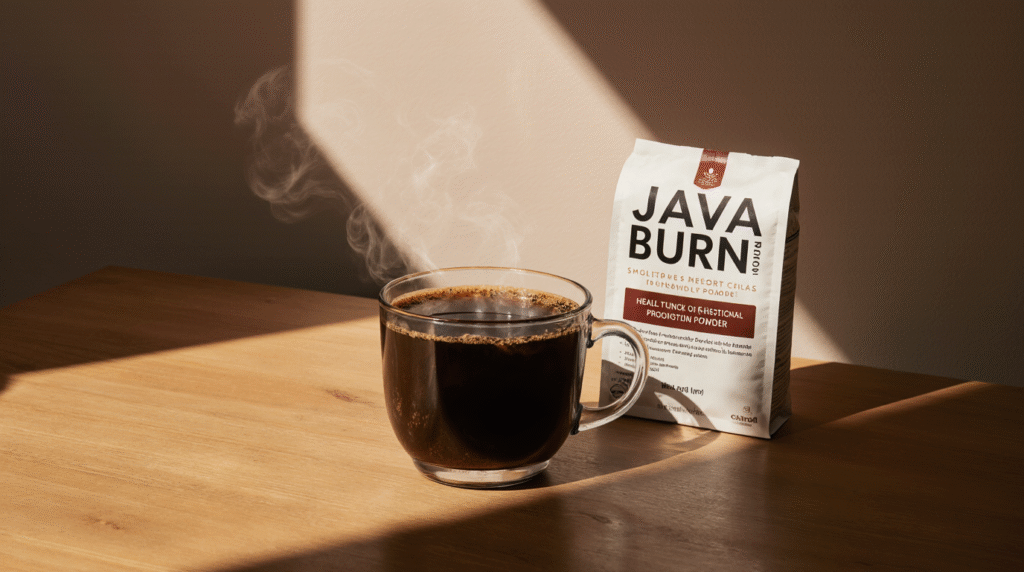When it comes to fat loss, belly fat is the most stubborn—and most misunderstood. From miracle creams to sit-up challenges, misinformation is everywhere. But what actually causes belly fat? And more importantly, what really works to reduce it?
Let’s break down the myths, the science, and what you can actually do starting today.
Myth #1 – “You Can Spot-Reduce Fat”
This is one of the most common misconceptions. People believe doing endless crunches or planks will melt away belly fat.
But the science says otherwise.
Fat loss happens systemically, not locally. When you’re in a caloric deficit, your body pulls fat from wherever it sees fit—usually genetically determined zones.
✅ What Works: Focus on overall body fat reduction through diet and exercise. Your core will become more visible as your total body fat percentage drops.
Myth #2 – “Eating Fat Makes You Fat”
In reality, healthy fats (like avocado, olive oil, and nuts) actually support weight loss by balancing hormones and keeping you full.
What causes fat gain isn’t dietary fat—it’s excess calories combined with high insulin spikes from processed carbs and sugar.
✅ What Works: Include healthy fats in a balanced meal plan. Focus on whole, unprocessed foods that support hormonal balance.
The Real Culprit – Visceral Fat
Visceral fat is the dangerous fat that wraps around your organs. It’s linked to insulin resistance, inflammation, and higher risk of heart disease.
Unlike subcutaneous fat (the soft pinchable fat), visceral fat is metabolically active and heavily influenced by:
- High sugar intake
- Chronic stress
- Sleep deprivation
- Sedentary lifestyle
✅ What Works: Improve gut health, manage cortisol, and reduce sugar intake to specifically target visceral fat.
Hormones & Belly Fat: A Deeper Look
Your midsection is hormonally sensitive. Here’s how different hormones play a role:
Cortisol
The stress hormone. Chronic stress increases abdominal fat storage even if calories are controlled.
Insulin
High insulin levels from excess sugar/carbs = fat storage mode.
Leptin & Ghrelin
These regulate hunger and satiety. Poor sleep or ultra-processed foods disrupt both.
✅ What Works:
- Intermittent fasting to improve insulin sensitivity
- Deep sleep routines
- Walking after meals to reduce blood sugar spikes
The Best Way to Burn Belly Fat – According to Research
There’s no magic bullet, but studies consistently show that combining these elements is the most effective:
1. Nutrition
- High-protein, high-fiber meals
- Moderate healthy fats
- Cut refined sugars and ultra-processed carbs
2. Strength Training + Cardio
- Weight training builds lean muscle (which burns more calories)
- High-Intensity Interval Training (HIIT) is especially effective for visceral fat
3. Sleep Optimization
- Aim for 7–8 hours of deep, consistent sleep
- Poor sleep increases cravings and fat-storing hormones
Can Supplements Help With Belly Fat?
Yes, but not alone.
Supplements work best in conjunction with diet and exercise—not as replacements.
🔍 Look for supplements that include:
- Green Tea Extract – boosts metabolism
- Capsaicin (from chili peppers) – increases fat oxidation
- Probiotics & prebiotics – improve gut microbiome and reduce bloating
- L-carnitine – supports fat transport
👉 Our top-recommended formulas include these evidence-backed ingredients. See our #1 Fat Loss Pick
Common Mistakes People Make Trying to Lose Belly Fat
- Obsessing over the scale
- Doing too much cardio without strength training
- Skipping meals or crash dieting
- Falling for “fat-burning” gimmicks without real science
Final Thoughts – What Actually Works
The truth? There’s no overnight fix.
But when you combine realistic changes like smart eating, strength training, hormone balance, gut health, and consistency, you create a fat-loss system that actually works.
You’ll not only lose belly fat—you’ll keep it off.
Ready to See Our #1 Recommended Product for Fat Loss?
Our team researched and tested dozens of natural supplements. Here’s the one that checks all the boxes—backed by science and real-world results.

